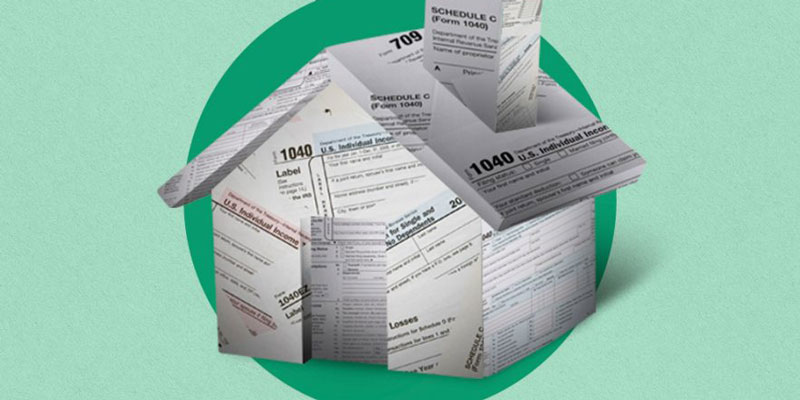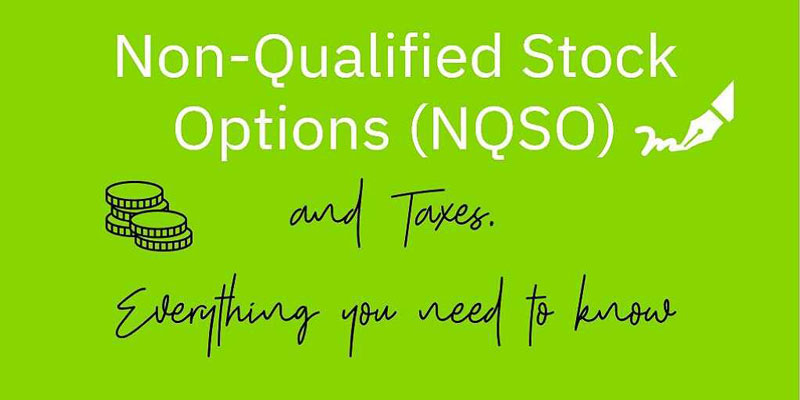That time has passed, and the deduction will no longer be allowed for the tax year 2017. As well as for the years 2018 and 2019, when they submitted an updated federal tax return. The extension allowed for the deduction to be claimed for amounts paid or accrued through 2021. You are eligible to take the amount above as a deduction for the year if your income is lower than the maximum permitted. In 2022, it is not certain whether or not you will be allowed to deduct the cost of your PMI.
If criteria were satisfied, mortgage insurance premiums might be claimed as an itemized deduction on the taxpayer's tax return. This deduction is disallowed for those with an adjusted gross income (AGI) of $109,000 or higher for the 2021 tax year. This is also true for married persons who file their taxes separately; the maximum allowable adjusted gross income for these individuals is $54,500.
PMI Tax Deduction:
With the passage of the Protecting Americans from Tax Hikes (PATH) Act in 2015, Congress could prolong the deduction for one additional year. However, it was no longer available after December 31, 2016. The duration of the extension was strictly limited to one year.
After then, Congress took action once again. The Bipartisan Budget Act of 2018 once again provided for the retroactive extension of the deduction for mortgage insurance costs through 2017. Brownley's bill was the first step in making the deduction a permanent part of the tax code. The Further Consolidated Appropriations Act of 2020 made it possible to deduct PMI premiums from taxes not just for 2020 but also for 2018 and 2019, and it did so retroactively for those years.
PMI Deduction
A reasonable rule of thumb is that you will pay $50 a month in premiums for every $100,000 of financing, but the exact amount will vary depending on how much you owe and what tax bracket you fall into. Keep in mind, however, that the actual cost to you may vary depending on the loan you get, the size of the down payment, and the lender's conditions. For instance, the monthly PMI premiums for a home that costs $200,000 and the buyer puts down 5% of the purchase price are around $125. If you make a down payment of 10 percent of the home's value, your monthly payment will drop to less than $80.
How exactly does this impact the amount of taxes you have to pay? Imagine that someone has a gross income adjusted for taxes of $100,000. You purchased a home for $200,000, made a down payment of $5,000, and paid a total of $1,500 in PMI premiums ($125 multiplied by 12 months). Eliminating the need for PMI is more desirable than receiving a tax break. When homeowners have 20 percent equity in their property, they are eligible to terminate their PMI policy.

Example Calculation
You are required to divide the cost of the insurance premiums over the length of the mortgage, if it is less than 84 months, commencing with the month when the insurance coverage took effect. Let's say you decide to get a mortgage with a term of 15 years, and the first payment is due in July of this year. You are obliged to make an upfront payment equal to the whole cost of the mandatory mortgage insurance for the duration of the loan, which is $8,600 in this instance. You are eligible to take the amount above as a deduction for the year if your income is lower than the maximum permitted.

Origins of Mortgage Insurance Tax Deduction
This tax deduction was originally applied to private mortgage insurance policies issued in 2007. The extension of the deduction into 2016 was made possible by the Protecting Americans from Tax Hikes Act of 2015, passed in response to the sluggish recovery of the housing market. If criteria were satisfied, mortgage insurance premiums might be claimed as an itemized deduction on the taxpayer's tax return.
The mortgage insurance deduction was located on line 8d of the Schedule A section on tax returns. The amount placed into this area was discovered in box five of Form 1098 that the lender provided. You are eligible to take the amount above as a deduction for the year if your income is lower than the maximum permitted. When submitting a tax return, homeowners who have PMI and fulfill the qualifying standards will still be able to deduct their premiums until 2021.




